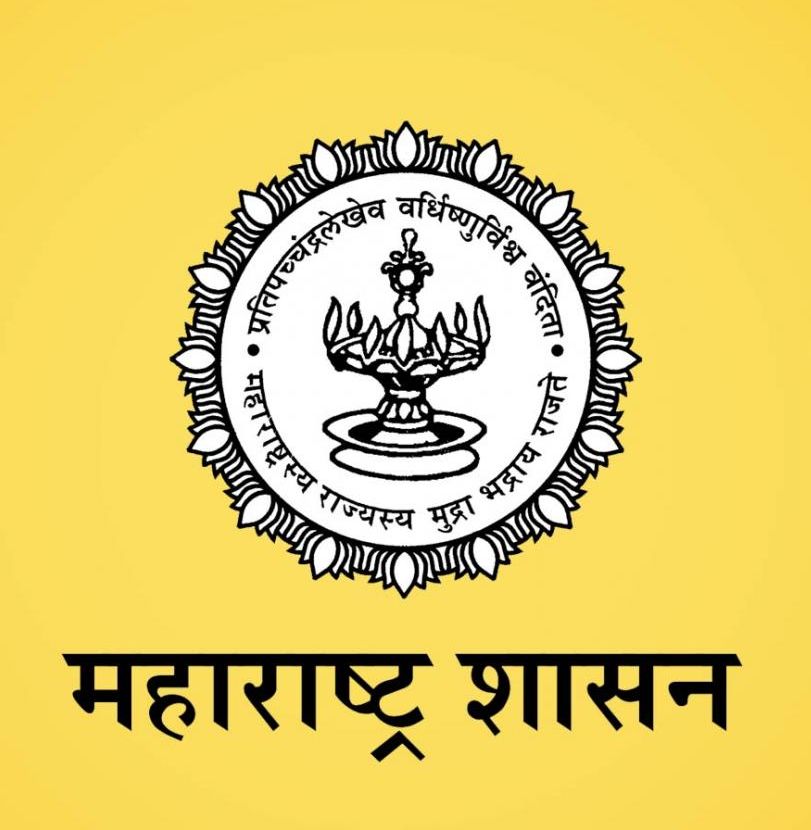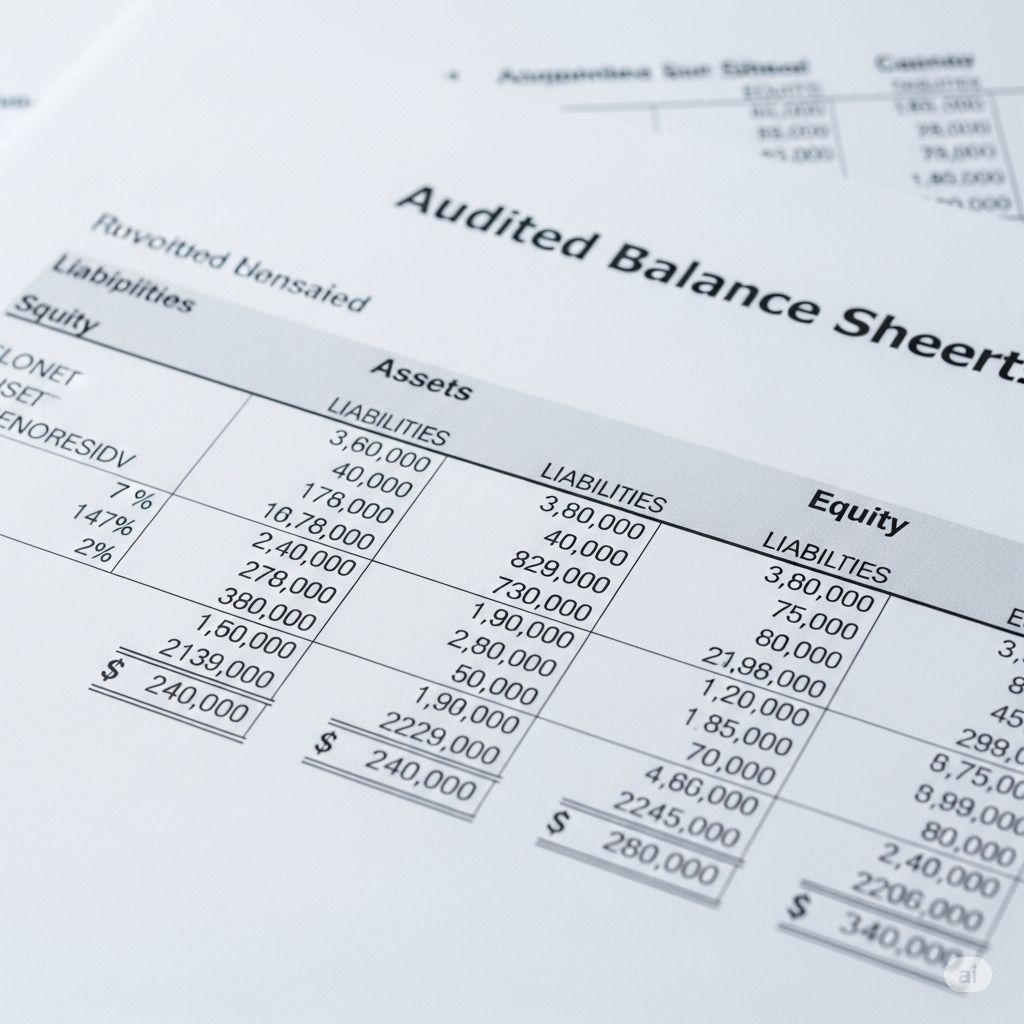In a significant urban development move, the Maharashtra State Cabinet has granted approval for the joint redevelopment of two major MHADA layouts—Adarsh Nagar in Worli and Bandra Reclamation in the western suburbs of Mumbai. The decision is expected to enhance the quality of housing infrastructure in these aging layouts while optimizing land use through increased Floor Space Index (FSI).
Details of the Redevelopment Plan
According to the government press release, permission has been granted for the redevelopment of specific cooperative housing societies within the MHADA layouts of Adarsh Nagar and Bandra Reclamation. The redevelopment initiative excludes standalone buildings, unless specific permission has been granted for those plots.
The cabinet has approved a Floor Space Index (FSI) of 4, significantly increasing the development potential. Of this, MHADA will receive housing stock equivalent to one FSI, which will be used to meet the state’s affordable housing requirements.
Layout-Wise Scope of Redevelopment
Bandra Reclamation MHADA Layout:
- Spread over approximately 2 lakh sq metres
- Comprises 52 buildings
- Contains 1,688 residential units
- Unit size ranges from 322 sq ft to 825 sq ft
Adarsh Nagar, Worli:
- Spread over 68,000 sq metres
- Comprises 58 buildings
- Contains 863 residential units
- Unit size ranges from 270 sq ft to 860 sq ft
Together, these layouts represent over 2,500 residential units, most of which were built decades ago and are in need of modernization.
Appointment of Developer and Consent Requirement
The cabinet also approved the appointment of a Construction and Development Agency through MHADA. The developer will be selected through a transparent bidding process. The key selection criterion is the maximum housing stock offered to MHADA, along with fulfillment of financial and physical eligibility as outlined in the tender process.
To proceed with redevelopment, the developer must secure consent from at least 51% of total members in both layouts. This consent clause is in line with Maharashtra’s redevelopment norms and aims to ensure the residents’ majority support before any transformation is initiated.
What This Means for Residents and the City
This redevelopment will bring much-needed modern infrastructure, better urban planning, and safer, more spacious homes for residents. For MHADA, it is an opportunity to unlock housing stock that can be used for future allocations under various state housing schemes.
The decision is also a part of Maharashtra’s broader strategy to revamp dilapidated housing colonies, optimize land usage, and improve the urban housing ecosystem in Mumbai—one of the most densely populated cities in India.






